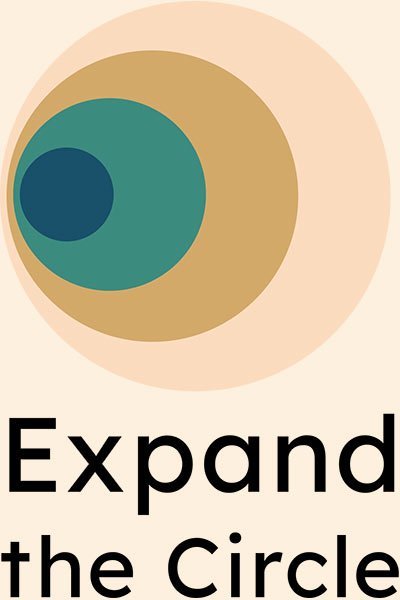Reflections on becoming an Autistic Coach - Part 1
This is part 1 of a series of three essays on my becoming an Autistic Coach. These essays were written in January 2021. At that time, I was three months into my formal coaching training (Masters degree in Applied Positive Psychology and Coaching Psychology at UEL) and nearing a two-year anniversary of receiving my autism diagnosis.
I’ve decided to share these essays to demonstrate my own commitment to reflecting on and developing my own practice to my coaching clients in a transparent way. I also hope that it’s of benefit to other neurodivergent coaches and neurodivergent people who are thinking of becoming coaches themselves.
Note: I try to keep my articles accessible by using simple language when I can. This is an exception; this article is a blend of self-reflection and academic writing.
Becoming comfortable with questioning the boundaries of practice
Am I coaching, mentoring or giving advice?
Coaching is distinguished from other helping professions by helping clients uncover their own skills rather than providing them advice (Bresser & Wilson, 2010, p. 22). This working definition which I adopted, was tested when I worked with Client S who was looking for career coaching. Whilst I made it clear in our contracting session that I would not give recommendations (EMCC Competence 3: Managing the Contract), after a few sessions I sensed that the client exploited all the options that were within his awareness. I decided to share my own experience of using my network to explore possible career choices. Whilst I felt unsure about whether it was ethical and within the contract boundaries, I felt that offering a suggestion based on my learning was preferred to asking him a leading question, which would have been manipulative (Nieuwerburgh, 2017, p. 43).
Through self-reflection, I became aware of the possible concordant transference (Hay, 2007, p. 16) due to the client being in a very similar situation to mine. The feelings of empathy and excitement towards the client’s life situation resembled being in a positive free child ego state (Berne, 2004). At the same time, I did not feel that I was playing a rescuer role in the client interaction (Karpman, 1968), as I still considered my client equal in value and acted in line with the partnership principles (Knight, 2011). Having analysed my feelings, I concluded that my sharing of own experience was made from an adult ego state and in the best interest of the client.
Reflection on my experience and practice
For me, the significant learning resulted from the impact that sharing my experience had on client outcomes:
My suggestion challenged Client S’s thinking, which led him to alter the performance-inhibiting thought around asking for help (Palmer & Szymanska, 2018, p. 114).
The challenge itself may have been vital to his perception of being heard (Hill, 2016) and may have strengthened our relationship.
Importantly, the client utilised his network, as suggested, and it increased his confidence and optimism.
Experiencing positive emotions may have broadened his thinking and built his awareness of social resources available (Fredrickson, 2001), which can support him when facing life challenges, and increase his resilience and wellbeing (Dodge et al., 2012).
Whilst my suggestion resulted in a coaching success in this instance, I am aware that it may not always be the case, for example, when the client is still in a (pre-)contemplation stage of change (Prochaska & DiClemente, 1982) or if the client’s context is different from mine.
Implication for my future practice
Having reflected on this experience, I have now revised my view of coaching and mentoring. I now realise that they have the same objective, that is, to help uncover the “unknown to the client” area of the Johari window (Luft, 1969). Like several scholars (e.g., Western, 2012; Garvey et al., 2009; Clutterbuck, 2008), I do not think it is possible to clearly differentiate between coaching and mentoring. Nevertheless, in my view, coaching predominantly uncovers the unknown internal resources whereas mentoring predominantly uncovers the unknown external resources. Given the inseparable interconnectedness between individuals and their external environment (Wilber, 2005), pure coaching or mentoring cannot exist. I am now enriched with a guiding definition to describe my services.
About the Author:
Alicja Nocon is the founder of Expand the Circle. Her mission is to empower late-diagnosed neurodivergent adults to contribute in the workplace on their own terms and for it to make business sense.
Alicja offers coaching and mentoring for neurodivergent adults and neurodivergent employees with autism or ADHD, neurodiversity training for organisations and enjoys speaking at panels and other events.
Related topics:


